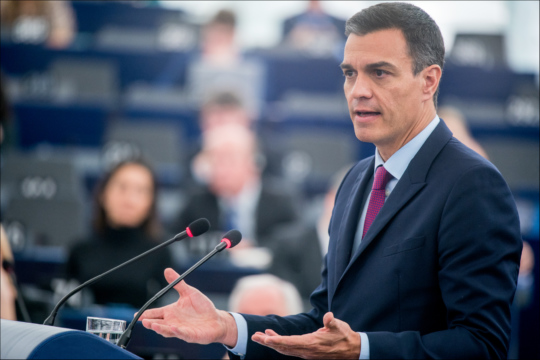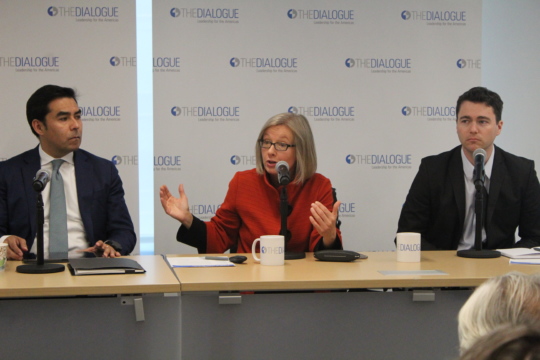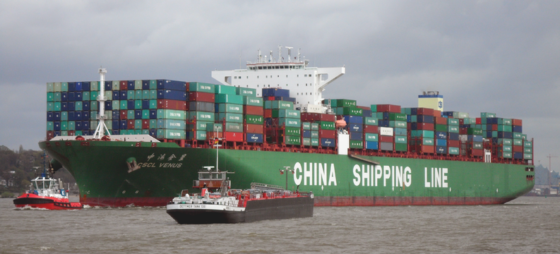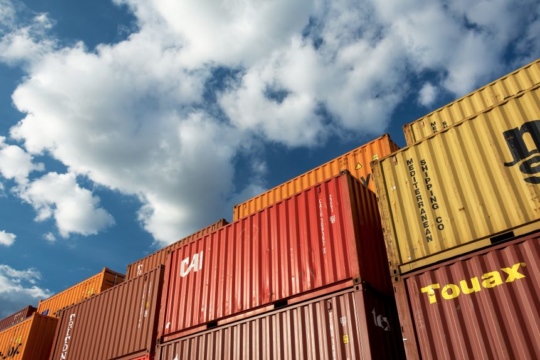 Video
Video
Chile’s Private Pension Experience and the Outlook for New Reforms
On April 11, the Inter-American Dialogue hosted an event to discuss the reforms proposed by Chilean president Sebastian Piñera to his country’s pension system.
On April 11, the Inter-American Dialogue hosted an event to discuss the reforms proposed by Chilean president Sebastian Piñera to his country’s pension system.
China’s interest in Latin America has cooled — and that trend will continue.
Japan has launched a new phase in its relations with Latin America and the Caribbean.
Hay una razón muy simple de parte del Gobierno de aumentar controles sobre las transacciones, su lógica es política y económica como mecanismo de sobrevivencia.
Why does Brazil’s high-tech industry contribute less to GDP now than it did in the 1980s?
President Donald Trump’s decision last month to increase sanctions on Cuba represents a strategic error with serious long-term repercussions for U.S. national security.
What factors are shaping extreme poverty rates in the region, and how should governments confront this challenge?
The largest tropical rainforest on the planet, the Amazon plays a critical role as a storehouse of carbon and mediator of the global water cycle and holds a greater share of the world’s known biodiversity than any other ecosystem. However, unchecked development is placing the Amazon under threat, pushing deforestation rates to near-record levels throughout the region.
Colombia’s government has developed a roadmap for expanding the country’s oil and gas reserves, Deputy Energy Minister Diego Mesa said.
What are the reasons behind the region’s persistently low productivity rates, and what can it do to reverse this trend?
The development of energy resources is an integral component of many of Latin America’s economies, from established producers like Colombia and Brazil to newcomers to the global energy market like freshly oil-rich Guyana. However, policymakers and energy companies throughout the region must devise solutions to a variety of fiscal, political, social, and environmental hurdles to ensure successful and sustainable projects, explained speakers at an Inter-American Dialogue event on May 10.
Over the past two weeks, Spain has become an accidental protagonist in the diplomatic efforts to end Venezuela’s crises. The good news is that Spain is well-positioned to lead the effort to restore democracy in Venezuela. The bad news is that the Spanish government is deeply conflicted about what to do. But there are five clear ways that Spain can demonstrate that the democratic cause in Venezuela is not just a guise for U.S. adventurism.
How has the region’s middle class changed in recent years, and could new approaches help create a larger pool of upwardly mobile consumers?
How are escalating U.S.-China trade tensions affecting global supply chains and the role of Latin American and Caribbean nations in them?
A protracted trade war is expected to have lasting effects on the region’s economies. The IMF estimates slowing global growth in 2019, including in third markets, based on large part US-China trade tensions. Ongoing economic uncertainty could also weaken Latin American currencies if populations there invest in US dollars to avoid the effects of local currency devaluation.
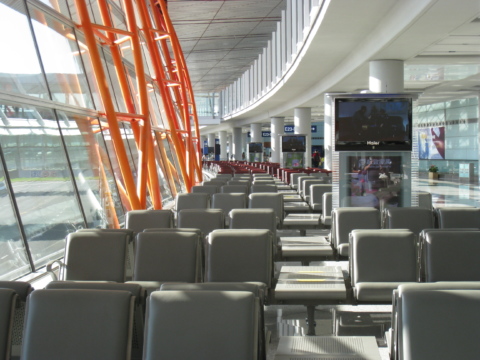
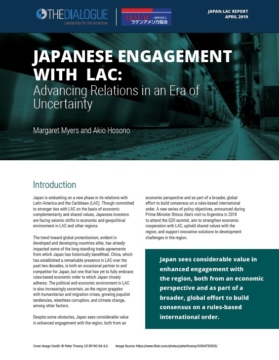


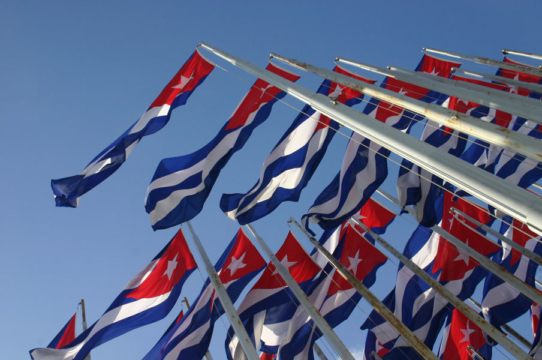
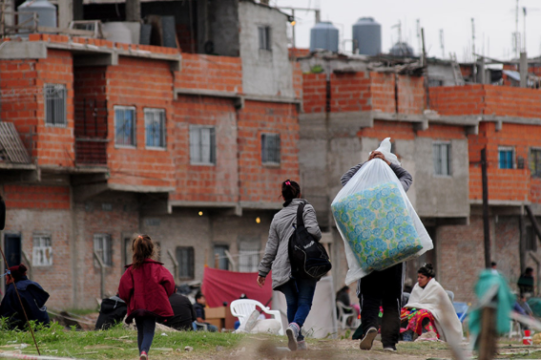
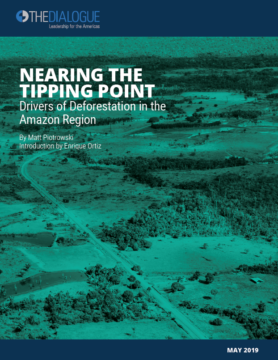
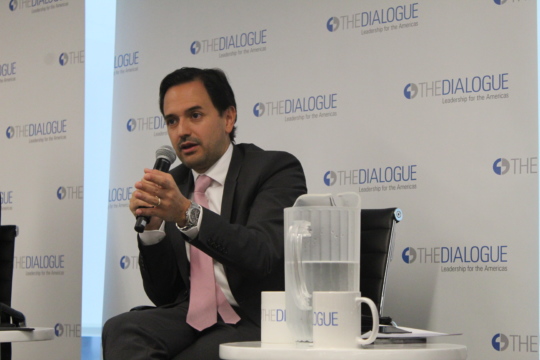
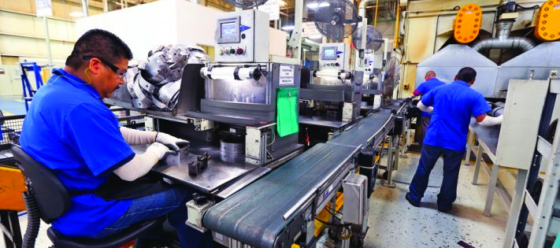
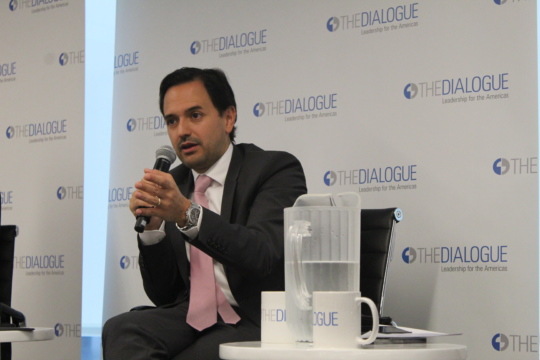 Video
Video
